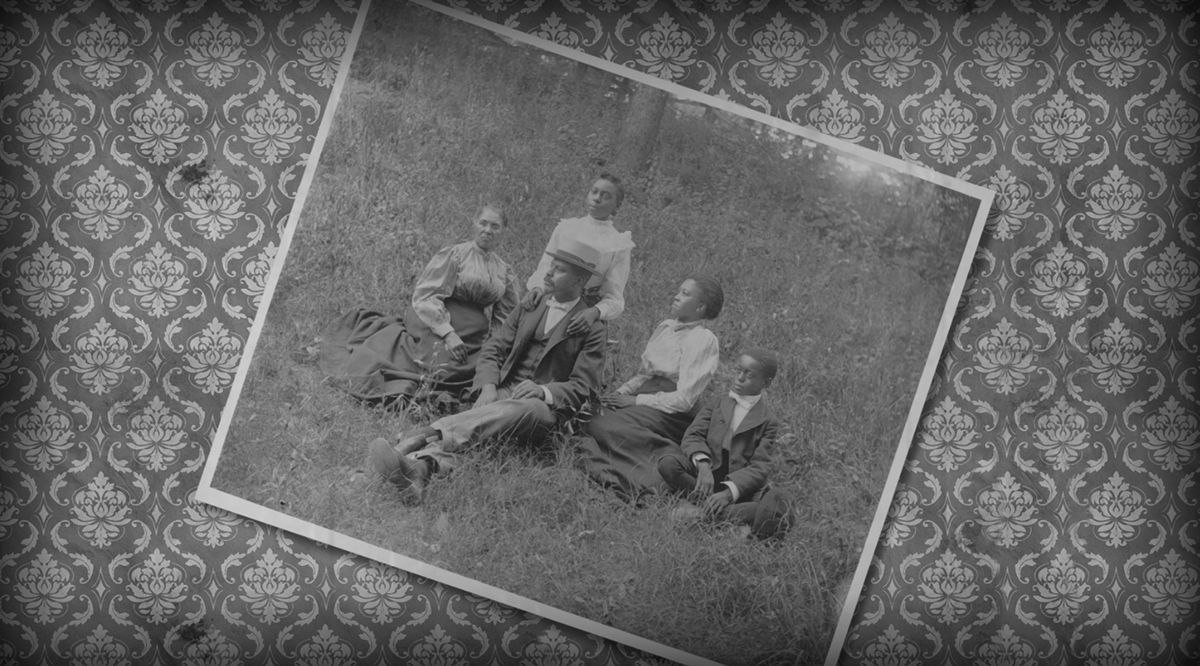My thesis took up an entire year and was filled with lots of research, treks to the Library of Congress, watching a lot of films, reading and looking at a lot of disturbing narratives and pictures. I was weary, but proud of what became of it. My thesis was about black Americans in the early days of cinema, how they were treated, and how some chose to change it. I felt as if I needed to make this subject my thesis since as a black American, I feel the need to know my history if I plan to embark on a career through cinema and television. A lot of the research I did lead to dead ends, as there isn’t a lot of information about black owned production companies, directors, or theater troupes. One could argue that they simply didn’t exist, however based on my research that simply isn’t the case. There were lots of black owned production companies, theater troupes, and directors, yet many ended up either folding due to the Great Depression or they were bought out by white production companies. Many times when a company was bought by someone else, traces of the old company were destroyed or hidden away somewhere. The only black director from that time whose name pops up on internet searches is Oscar Micheaux. Micheaux had to constantly raise money for his films, survived budget cuts, got through the expensive transition to sound films, and even survived the Great Depression. Because of all of this, one can find a few of his films within public domain.
My research lead me to create an animation based off of historical occurrences narrated by a fictional character. She experiences the Great Migration, where blacks moved from the South to the North in order to seek better opportunities. She lives through the Chicago Race Riots of 1919 and eventually finds herself in New York City working with the historical LaFayette Theater Troupe. A chance meeting with Oscar Micheaux led her down the path of contributing to the Race Film movement, where blacks would create their own films to counteract racist films being made in Hollywood.




